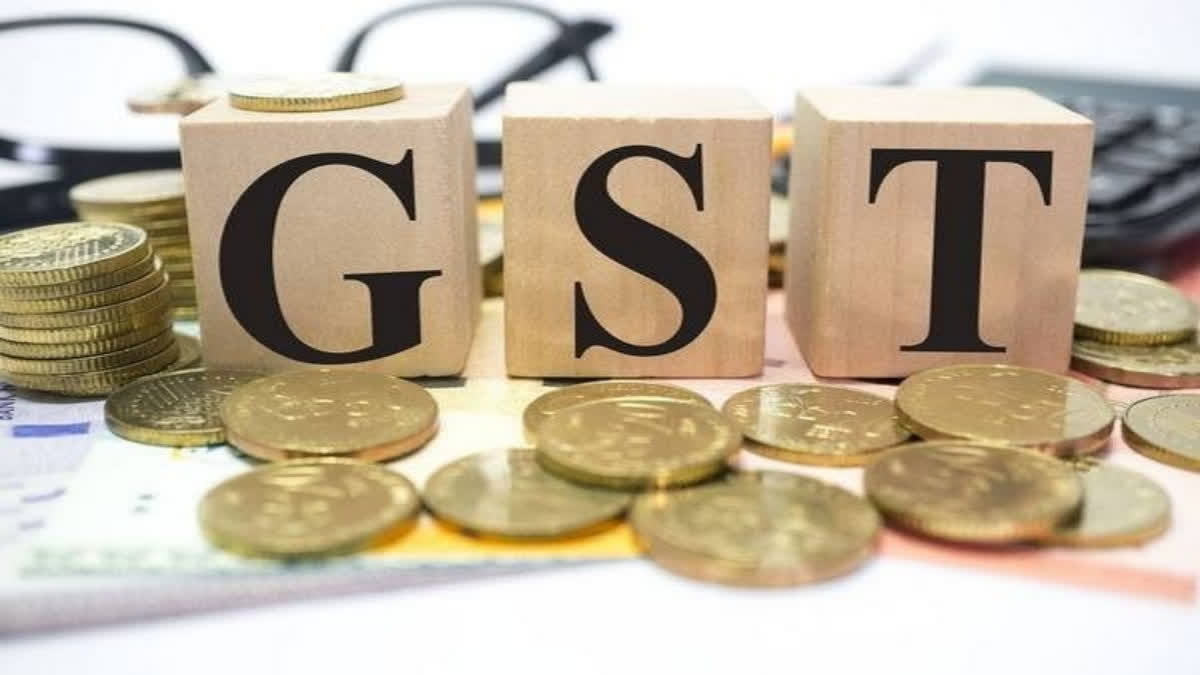New Delhi: The Central Board of Indirect Taxes and Customs (CBIC), the apex body to administer indirect taxes in the country such as a common goods and services tax (GST), and customs and excise duty, has issued a circular about the waiver of interest, penalties under Section 128A of the Central Goods and Services Tax (CGST) Act of 2017.
The circular is aimed at addressing the queries of GST taxpayers about the problems faced by them such as eligibility of taxpayers who have paid their liabilities before the enactment of Section 128A, the treatment of amounts recovered by tax officers, and the applicability of the waiver in cases involving interest and penalties among other issues.
Moreover, the CBIC circular lays down the criteria for partial waivers, payment roadmap, and the impact on transitional credits and refunds wrongly availed. The new guidelines are expected to bring clarity to GST payers seeking to avail the benefits under the newly introduced Section 128A in the CGST Act.
"Various doubts have been raised by the trade and the field formations in respect of the implementation of provisions of Section 128A of the CGST Act, relating to waiver of interest or penalty or both in respect of demands under section 73 of the CGST Act Pertaining to Financial Years 2017-18, 2018-19 and 2019-20,” said the circular issued on Monday.
The apex indirect tax body said that in order to clarify the issue and to ensure uniformity in the implementation of the provisions of the law across field formations, the Board, in the exercise of its powers conferred by section 168(1) of the CGST Act, has issued these clarifications and guidelines.
What is Section 128A of the CGST Act?
The Section was inserted by the Finance (No. 2) Act, 2024 to address the grievances of taxpayers related to old tax demands. Its aim is to reduce tax liabilities and also to provide relief to taxpayers for previous tax obligations related to the period between July 2017 to March 2020.
The Finance Ministry decided that the provisions of newly inserted Section 128A will come into force from November 1, 2024. However, given the complexity of the GST structure, it created a lot of confusion among the GST payers which prompted the CBIC to address those queries.
Some of taxpayers’ queries and CBIC’s clarifications:
Whether the benefits of Section 128A will also cover those taxpayers who have already paid the full tax before the provisions of Section 128A came into force?
It was clarified that any amount paid for the specified demand before the date fixed under subsection (1) of Section 128A will be counted toward the amount due under that subsection. This applies regardless of whether the payment was made before or after Section 128A came into effect, and regardless of whether it was made before or after receiving the demand notice or order. As long as the payment was made before the date mentioned in subsection (1) of Section 128A and was meant for the specified demand, it will be considered valid.
Whether the amount recovered by the tax officers as tax due from any other person on behalf of the taxpayer, against a particular demand can be considered as tax paid towards the same for the purpose of Section 128A?
Yes, the amount recovered by the tax officers as tax due from any other person on behalf of the taxpayer against a demand, shall also be considered as the tax paid towards the said demand for the purpose of section 128A provided the same has been recovered on or before the date notified under sub-section (1) of section 128A.
Whether Section 128A will cover waiver of penalties under other provisions, late fee, redemption fine etc?
It is clarified that any penalties, including those levied under Section 73, Section 122, Section 125, etc., mentioned in the demand notice, statement, or order issued under Section 73, are included in the waiver provided under Section 128A. However, late fees, redemption fines, and similar charges are not covered by the waiver under Section 128A.
Whether the benefit provided under Section 128A will be applicable in those cases, where the tax due has already been paid and the notice or demand orders under Section 73 only pertains to interest and the penalty involved?
Where the tax due has already been paid, and a notice or demand order under Section 73 only involves interest or penalties or both, the benefit of Section 128A can still be applied. However, the waiver of interest and penalties will not be available if the interest is due to late filing of returns or late reporting of any supply in the return. This is because the interest in these cases relates to a self-assessed liability and is directly recoverable under sub-section (12) of Section 75, not because of any unpaid tax dues.
Whether payment to avail waiver under Section 128A can be made by utilising ITC?
In order to be eligible for a waiver under section 128A, the taxpayer needs to pay the amount of tax mentioned in the notice, statement, or order. This payment can be made by either using the balance in the electronic cash ledger or by using the Input Tax Credit (ITC) from the electronic credit ledger, or a combination of both. However, if the tax demand is related to any amount payable by the recipient under the Reverse Charge Mechanism or by the Electronic Commerce Operator under section 9(5), the payment must be made using only the electronic cash ledger and not the electronic credit ledger.
Moreover, if the demand is due to an erroneous refund that was paid in cash, the required amount must also be paid using only the electronic cash ledger, not the electronic credit ledger.




